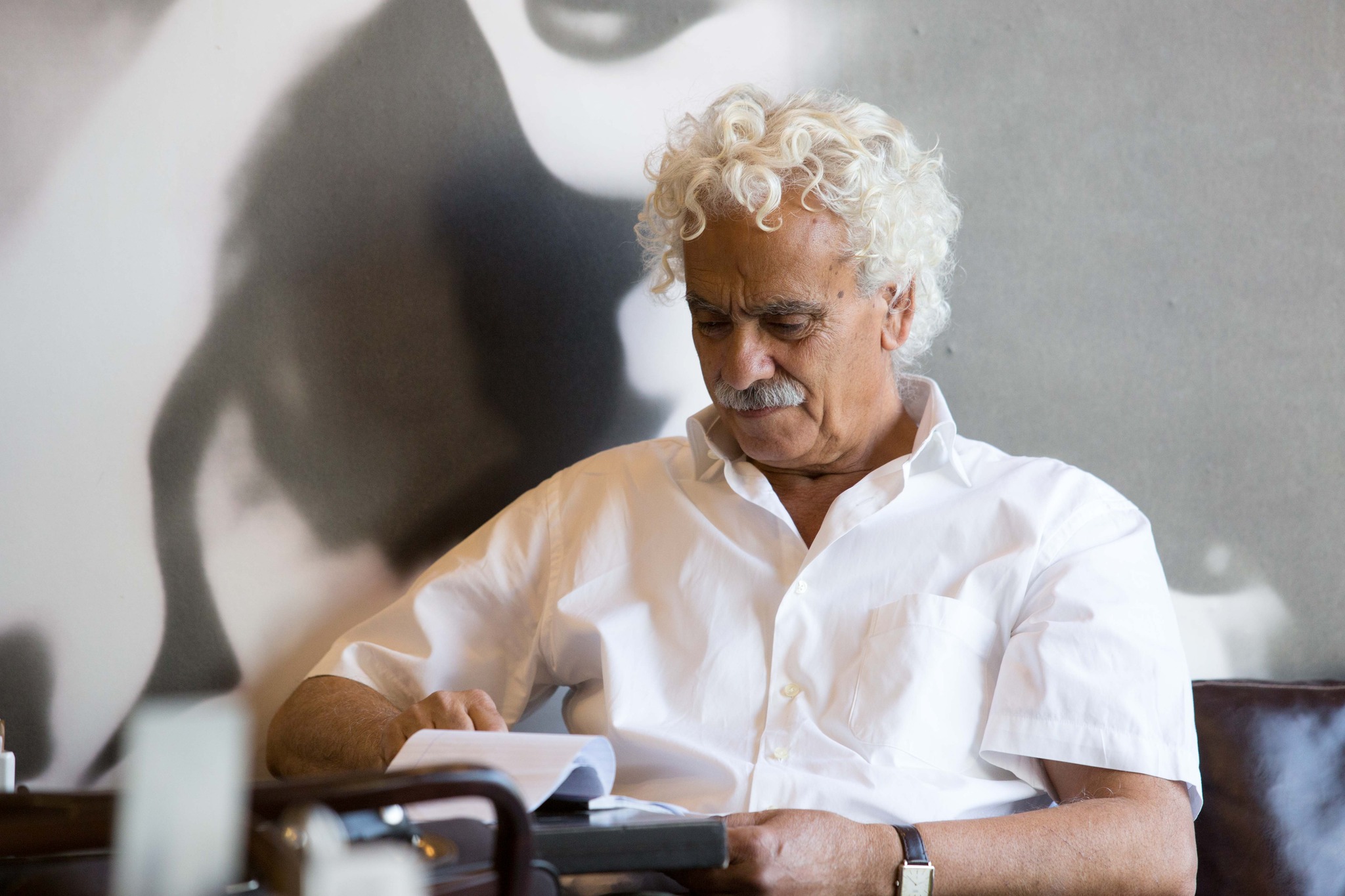This week, our editors-at-large take us many places, from one book fair by the sea and one in the neighborhood that was once home to Frida Kahlo and Diego Rivera. Read on for news about new bookstore openings, sonic poetry readings, and upcoming chapbook publications!
Alan Mendoza Sosa, Editor-at-Large, reporting from Mexico
The International Book Fair of Coyoacán (FILCO) is taking place from June 7 to 16 in the historic Mexico City neighborhood internationally famous for having been the home of Diego Rivera and Frida Kahlo. The event features stands from more than one hundred and fifty Mexican and international publishers, as well as two hundred events ranging from concerts and dance performances to book launches and roundtables. Among this year’s panelists are cultural luminaries such as the Guatemalan Nobel Peace Prize winner Rigoberta Menchú, the descendants of Mexican historical figures like Emiliano Zapata, and the writer and Asymptote contributor Elena Poniatowska.
I visited the book fair on Saturday, June 9 for a presentation of the most recent book by Rocío Cerón, globally acclaimed experimental Mexican poet and recent Asymptote contributor. Simultáneo sucesivo is a collection that explores the sonic power of language. During her talk, Cerón emphasized how we live surrounded by sound but rarely reflect on its affective qualities. She demonstrated these qualities by reading from her book with her characteristic performance style: repeating words, modulating her volume, pitch and tone, and varying her speed. This performance style has the power to minimize language’s semantic qualities and foreground its sonic properties. She also played tracks of sound art that accompany the collection. These feature Cerón’s voice, but also include drone, ambient, and electronic sounds that induce a trance on listeners. Cerón’s performance, abstract poetry, and sound art liberate both language and sound from their utilitarian and practical everyday purposes, inviting listeners and readers to experience the texture, timbre, and materiality of language beyond its meaning.
Simultáneo sucesivo is the third installment of Cerón’s trilogy challenging the way in which we relate to language. The other two books in the series are Spectio (2019) and Divisible corpóreo (2022), which Cerón has presented in events around the world. READ MORE…




